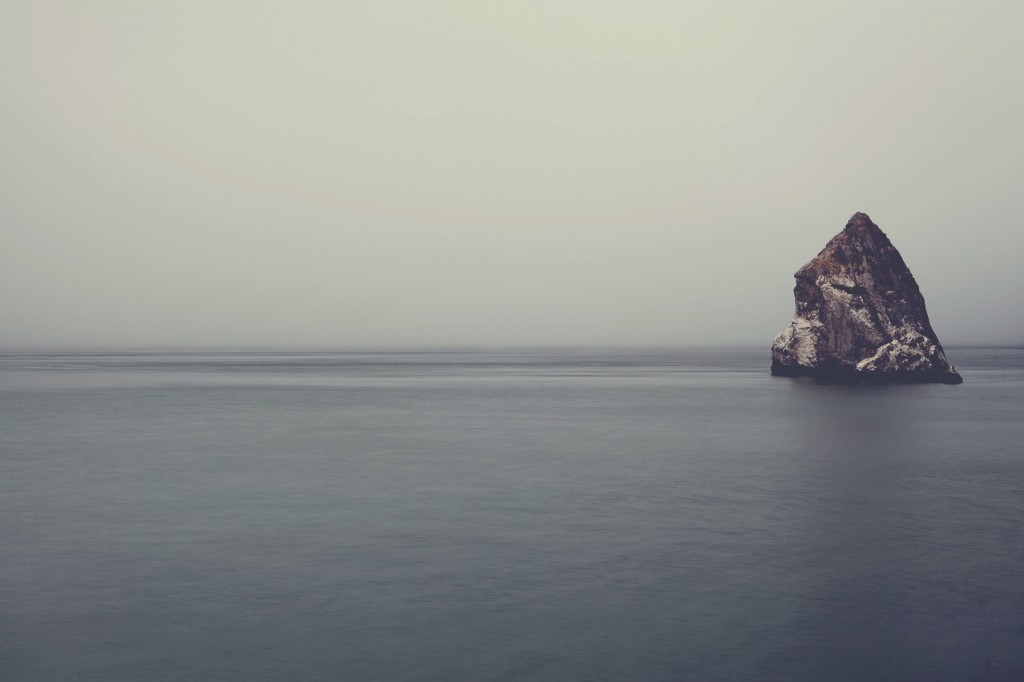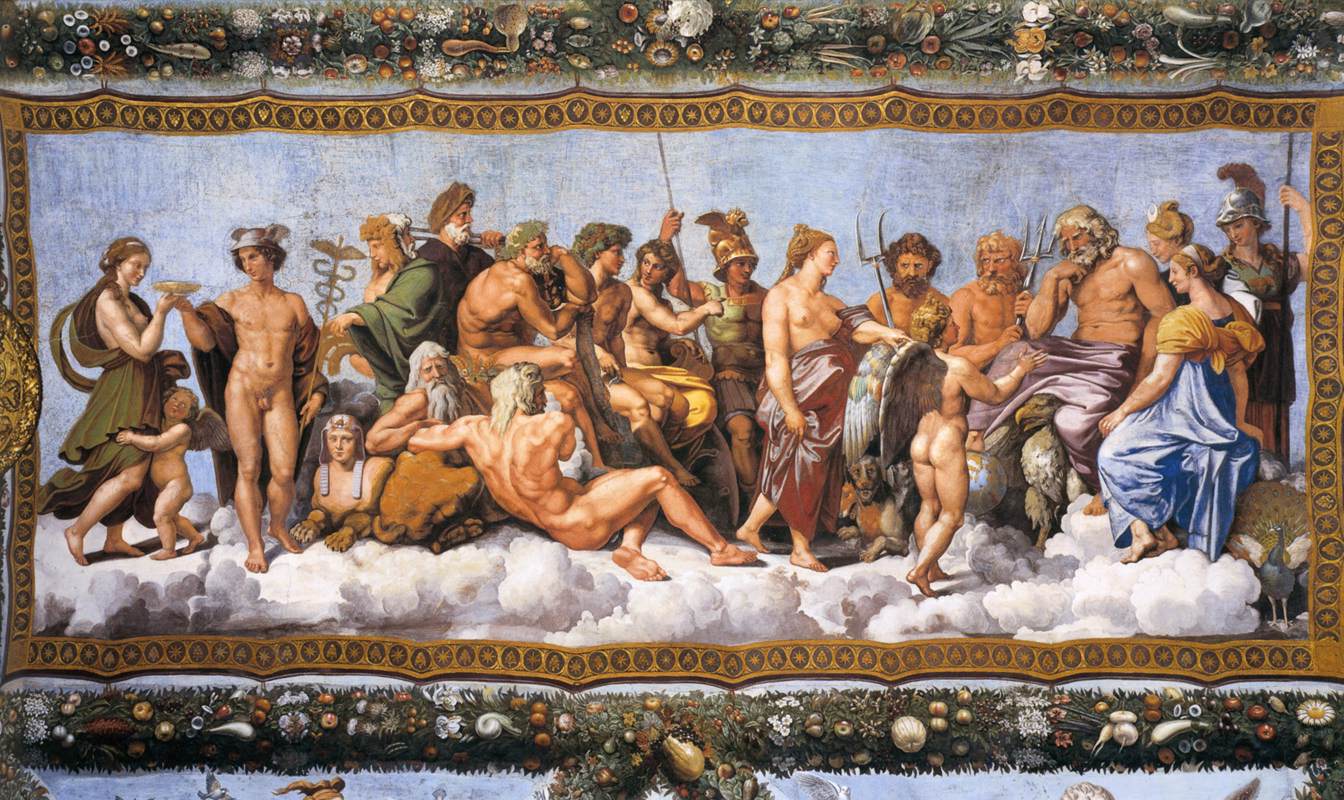One of the key pieces of my evolving personal theology is relationship. This idea seems to be taking root and flowering in the work of other Polytheist thinkers, too. People who identify with other practices, traditions, and labels will also understand the concept of relationship, as no one tradition holds the copyright to such a concept. In this piece I’d like to outline my ideas on this topic.

THEORY
My thoughts around sacred relationality began by studying Christian theology, particularly feminist and Process theologies, and Eastern Orthodox theologies of the Trinity and the human person.
Much of feminist theory discusses the concept of intersectionality – how all of our identities and issues are interconnected and affect one another. Race, class, gender, and more are all relevant to seemingly “single” issues; in fact, there are never “single” issues.
Feminist thea/ologies often use the intersectionality of feminist theory and apply it to theological matters. This can be as broad as developing the idea of a Great Ground of Being, a genderless Divinity that holds all that Is (very Monist, though not necessarily!), or as narrow as demanding that using masculine pronouns to refer to God not be the status quo in the Christian tradition. Where do women sit in a tradition? What does that tradition say about females and human persons? How can a particular tradition work toward the liberation of women? These are some of the questions that feminist thea/ologies ask.
Process theology, in a one sentence nutshell, develops the idea that God/Divinity is not unchanging or static, but is unfolding with Creation and that all living things participate in that unfolding; thus, we are co-creators. This is the most generous understanding of “free will.”
I’m going to leave the theologies of the Trinity alone, because I find it all so convoluted, but the main core point is about mutuality and love expressed in relationship.
PRACTICE
My relational polytheism holds the following:
*That was are intersectional beings, with intersectional lives, in an intersectional universe. My theology, like my feminism, will be intersectional or it is meaningless.
*That we are all connected. Intersetionality influences this. “As above, so below” – All of our realms are interconnected. I cannot prove this idea, but it is my strong hunch that our human agendas and those of the gods, while not the same, overlap and co-mingle. One realm influences and impacts the other; one could say we co-create the worlds together. Humans have embodiment; it is the rare god that does. We need each other. The issues of sovereignty, dignity, human and environmental rights, and many more kinds of justice, impact not just human embodied lives, but other-than-human existence, too.
I also believe that there can be some grand level monism without diminishing the agency and particularity of gods, spirits, and embodied creatures.
For example, in the summer my house has Ants. I do not interact with each ant as a dignified entity of its own. I engage with Ants – as a species, as a large group particular to this plot of earth, but not as individuals. Perhaps a god relates to Americans. My ego might cry “not fair! I’m not like all the other Americans!” But I *am* American. What if a particular god has something to say Americans as a whole? Or to Humans as a whole? Why should humans get to always be individuals when we interact with Deity (as a lumped together group) or Racoon or Water all the time?
I engage with gods directly as individual and sometimes as a collective. I have been known to talk with the Warrior Goddesses who love Blood and Ravens. Yes, as a group. I do not think this negates their individual agency or facets.
The creation stories I hold in my heart tell of a Force who loved her self into the Big Bang. From that Bang came all the stardust that built all matter, and from her spirit came all the gods and spirits and souls. A Great Ground of Being in no way diminishes the particularity of those gods, spirits, and souls; just as I, as a particular female am the source of my three children – of me, by me, part of me, but oh so distinctly Not Me.
*Because of this individual agency cradled in a Ground of Being, interconnected with but distinct from other species, spirits, and gods, we are therefore able to co-create this world and the other realms. Having agency means I have particularity and free will. Free will means that our wyrd is not yet written. Our wyrd, our fate, our personal and collective narratives, is written with the blood of our ancestors, the geography of our Place and Lands, the circumstances we are born into, and the choices we make. We can work out our unfolding wyrd on a personal level and/or participate in the unfolding of larger forces – community wyrd, ecological fates, cosmological evolution.

WEAVE IT TOGETHER
*What do all of the above have in common? Relationship. I am in relationship with EVERYTHING. We can approach that relationship on a merely directional level: I am sitting on the stool or I stand next to that tree. More than that, our lives are in relationship with a multitude of entities, seen and unseen. I might be talking about spirits; I might be talking about the network of fungi under my house.
As co-creators I work with the gods. I respect their powers, abilities, particularities. I believe in power-with, not power-over. I do not have to be in subservience to them – not unless that is a dynamic that I negotiate.
With relationship comes service. To serve one another is a form of power-with. Service is a twisted word, thanks to systems of power-over domination. I chose to have children; it is my choice to serve them daily, which is what I do when I teach them the skills they need for the world, when I enforce bedtimes, when I wash their clothes, and so on.
We serve our gods out of respect, gratitude, and mutual exchange. We serve our communities out of those same urges. Service is a gift and a form of recognizing others’ autonomy and individuality. Not all gods and peoples and communities need or require the same kinds of service; if we are in relationship we will know how and when and what to serve.
Anomalous Thracian has recently published an article and given a talk on Religions of Relation. In this piece, which I recommend, he discusses hospitality, pointing out that guest and host come from the same root word and are interchangeable to a degree. Service is a form of hospitality. For example, we have shrines or altars in our homes, which we set up as hosts to honor the gods as guests. Yet when the guests arrive in their own space (which we created for them) they become the hosts of that location. As hosts we serve our guests, but as guests they honor us by being the host of that particular spot. It’s a beautiful reminder of the interconnected relationship that we have with Places and our deities.
Polytheist theology is above all relational, in practice and in belief. Radical relationality can lead to radical hospitality. I believe that these ideas can change our lives, our communities, and the world/s for better.
Selected Resources for Further Reading:
Flavia Dzodan – MY FEMINISM WILL BE INTERSECTIONAL OR IT WILL BE BULLSHIT!
Morpheus Ravenna – Deep Polytheism: On the Agency and Sovereignty of the Gods
Rosemary Radford Ruether – Sexism and God-Talk
Theanos Thrax – “Religions of Relation: Place, Hospitality, and Regional Cultus in Modern Polytheist Religion and Practice,” Walking the Worlds, Vol. 1, Number 2, Summer 2015
Wikipedia’s overview of Process Theology
This blog post by a Christian Patheos writer *against* Process Theology highlights many good things about it
The works of John Zizioulas















